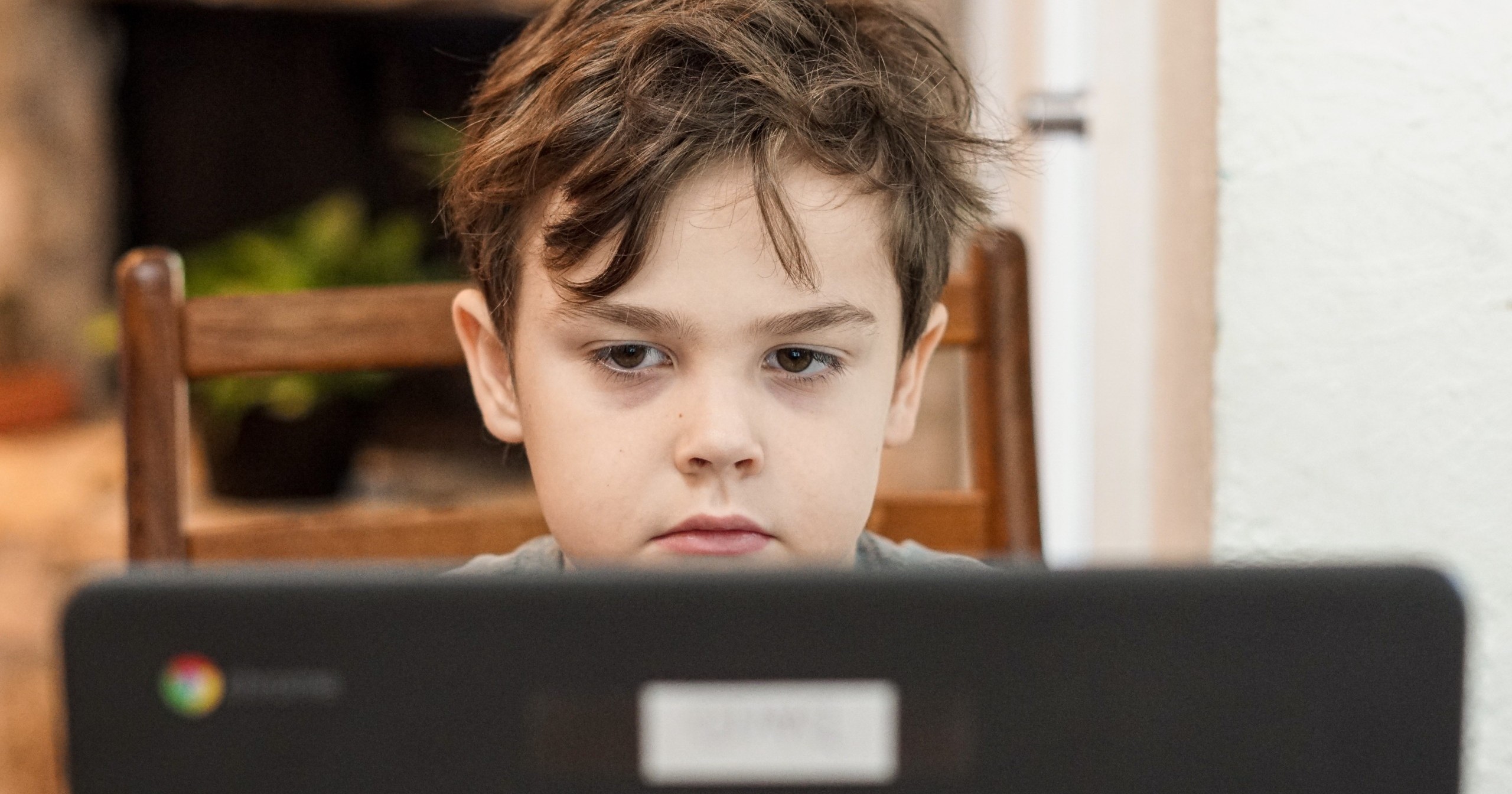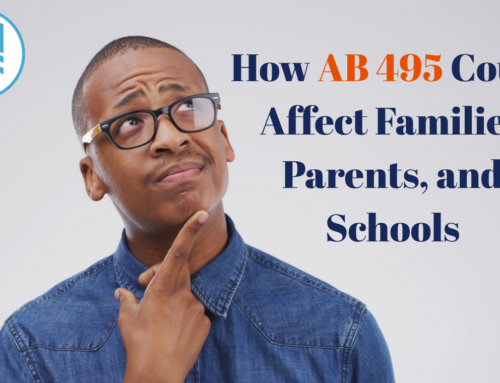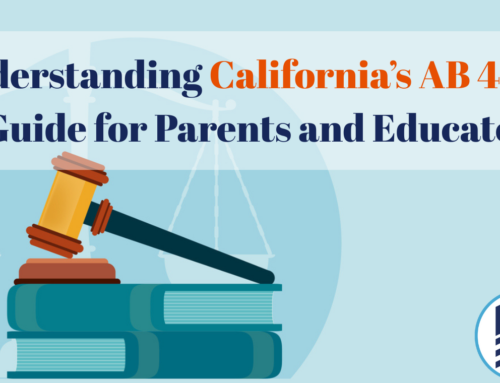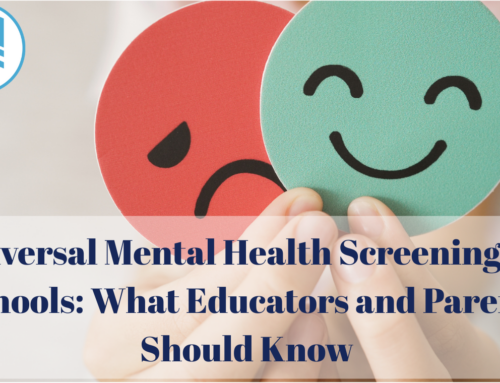
Students and teachers in over a dozen Atlanta public schools on Wednesday were surprised and excited to hear that they were receiving free laptops.
The program is part of Verizon Innovative Learning Schools, which equips students and teachers of participating schools with laptops, WXIA-TV reports.
“The [Verizon Innovative Learning Schools] program provides free devices, internet access, and innovative learning programs to help give under-resourced students the technology, education, and opportunity they deserve,” Atlanta Public Schools says.
But, is receiving a free laptop as good as it seems?
Ramsey Hootman, a mother in California, shares that her son was having trouble with the school laptop. While working on a school report, her son’s internet tabs kept closing. When Hootman emailed the teacher about the situation, the teacher admitted to closing the tabs remotely.
Hootman’s son’s school uses Securly, which is a type of school monitoring software. The software allows teachers to monitor the students’ activity to make sure they stay on track.
Hootman says she wouldn’t have gotten a laptop had she known how invasive the school would be. She knows that not all families have the option to decline a free laptop. Still, she says that students should learn discipline and focus on their own instead of a school forcing them to.
Philadelphia’s public schools have their own monitoring software. Clarice Brazas, a teacher there, finds it disturbing that teachers can remotely monitor a student’s online behavior.
“I don’t know that it’s my job as an educator to police what content students are looking at when they’re at home,” says Brazas. “I consider that the family’s job.”
Distractions are just the tip of the iceberg. Some schools are looking for more serious behaviors than students just getting off track from their work.
While students were forced to learn from home last year, many were put at a disadvantage because they couldn’t afford laptops. Across the U.S., schools filled the gaps by providing students with the needed technology. However, students were not aware of the surveillance that came along with the free devices.
Conversations that were seemingly private on emails, chats, and documents were actually available to the school.
The reason? So that schools can track students who may want to inflict harm on themselves or others. If a student uses wording that could indicate bullying or self-harm, either an artificial intelligence bot or a person monitoring the laptop will be notified. Then, a teacher or administrator can respond quickly to the student using the device.
For some schools, such as in Baltimore, the monitoring can go so far that a police officer will come to check on the student.
“We found that six in 10 students agreed with the statement ‘I do not share my true thoughts or ideas because I know what I do online is being monitored,’” explains Elizabeth Laird, from Center for Democracy and Technology, a technology nonprofit.
“When you think about this happening in an educational environment where you want students to express themselves, you want students to be learning, you want students to feel free to make mistakes, that response raises questions about whether this will actually undermine the whole purpose of education,” says Laird.
While schools may have good intentions, such as instilling discipline in a student or working to prevent something as serious as suicide, it remains to be seen if such an invasion of privacy will do more harm than good.
What do you think about schools monitoring student behavior on school-lent laptops? How do you think this will impact the student?




